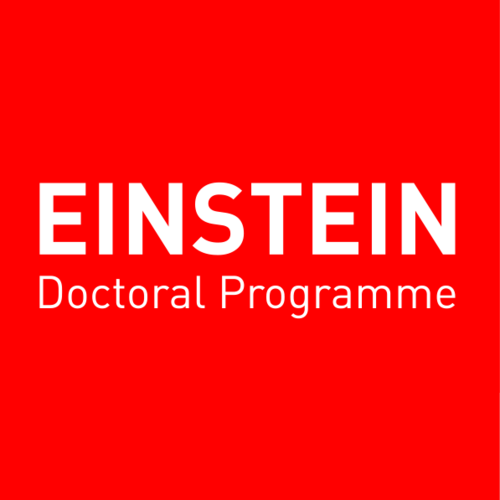Ana-Constantina Frost
PhD Candidate
14195 Berlin
Curriculum Vitae
|
2017 - present |
Doctoral Candidate |
|
2013 – 2017 |
Policy Advisor German Bundestag |
|
2011 - 2013 |
Master of Public Policy Hertie School of Governance Berlin Thesis: "Compliance with the United Nations Drug Control Regime" |
|
2007-2011 |
Bachelor of Arts, European Studies |
Awards and Fellowships
|
2017-2020 |
Receiver of DFG Scholarship |
|
2011 |
European Studies Department Prize, King’s College London |
|
2008 |
Henry Neville Gladstone Exhibition, King’s College London |
Research interests
-
Foreign and immigration policy
-
Immigrant political behavior
-
Foreign policy lobbying
-
Mobilization and social movements
Solo el Pueblo Salva el Pueblo: Explaining Instances of Diaspora Mobilization in Times of Homeland Conflict (Dissertation Project)
Dissertation in Political Science
Mentoring team:
First supervisor: Prof. Lora Anne Viola PhD
Second supervisor: Prof. Dr. Marianne Braig
Third supervisor: Prof. Dr. Michael Jones-Correa
Much of the literature on diaspora groups as non-state actors in international politics has seen their mobilization as a given without much sensitivity for the fact that some groups emerge as viable political actors while others do not. Despite the rich academic literature on diasporas and their political behavior, when, why, and how diasporas become activated remains a puzzle.
This research project therefore pursues a factor-centric research design in order to investigate the conditions responsible for the emergence of diaspora groups as non-state actors in international relations in times of conflict in their origin country. To this end, I will draw from the literature on International Relations theory on diasporas as transnational actors and combine this approach with insights from scholarship on immigration, notably, research on immigrants’ political incorporation and their mobilization. Moreover, traditional research on ethnic interest groups will be reviewed and critiqued. In connecting insights from these different strands of literature the dissertation will provide a more comprehensive understanding of diaspora political behavior.
When studying diasporas, it becomes apparent that the mobilization process is not straightforward, nor is it inevitable. Therefore, the causal mechanisms that are responsible for processes of mobilization need to be identified. Such an approach coincides with the recent shift towards a greater focus on mechanisms and causal pathways in political science and particularly in the field of transnational participation. Moreover, an emphasis of mechanisms also eschews the treatment of diasporas as “unitary actors,” which would “essentialize” ethnicity without a detailed analysis of the importance of contextual factors (Adamson 2013, 2016). Instead, context, including the wider political or geopolitical setting as well as internal dynamics of a group, should be considered in order to understand why a diasporic identity is sometimes invoked for political reasons and under what conditions such mobilization occurs.
This dissertation therefore conducts an in-depth diachronic case study of the Central American diasporas in the United States (Guatemalans, Hondurans, Nicaraguans, and Salvadorans) to heed the calls for a greater consideration of how mechanisms interact with a given context (Falleti and Lynch 2009). Two periods of conflict- and crisis-driven diaspora mobilization are analyzed, the period of the civil wars and armed conflicts in the 1970s and 1980s and the period since 2007 which has seen renewed high levels of violence and strife in the region. Through process-tracing, which allows for a greater consideration of context, the project identifies the causal mechanisms that enabled diaspora mobilization in these cases and concludes with a discussion on the general applicability of these findings for the study of diaspora political behavior.






